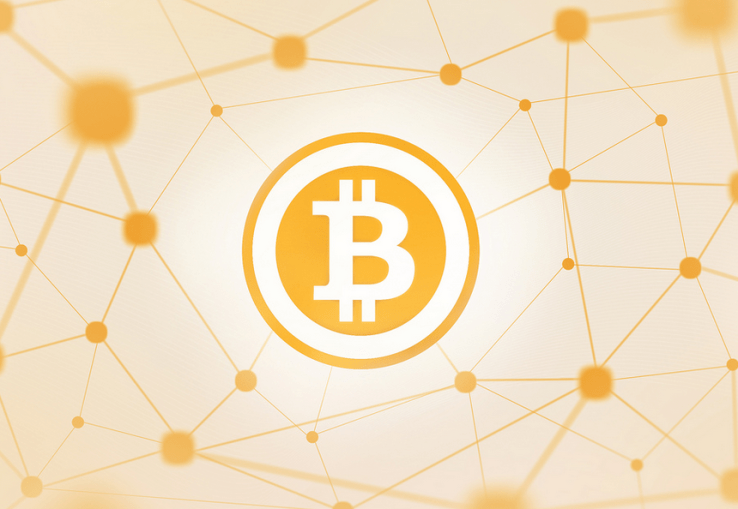- Joined
- Sep 1, 2011
- Messages
- 197
- Points
- 0
Bitcoins a major target for hackers, says Chinese report
Staff Reporter 2013-07-20 13:43

Bitcoins are a virtual currency that can be used to buy and sell a broad range of items. (Photo/CFP)
In the first half of 2013, bitcoins, TV talent shows, the QQ instant messaging accounts of students and web cookies were the main targets of hackers and internet fraudsters, with hackers devising viruses to steal bitcoins and controlling users' PCs to form zombie botnets, the Beijing-based Caixin Online reports.
The National Information Center Information Security Research and Service Center and Beijing Rising International Software Co recently jointly published a report about information security in China in the first half of the year, in which it detailed the computer viruses, malicious websites, invasions of individual privacy as well as mobile internet and information security breaches.
Bitcoins, a new type of online currency which has became extraordinarily hot, have reached a peak with one bitcoin changing hands for as much as US$266. However, the Rising report said, in March one bitcoin agency was hit by hackers who stole bitcoins worth an estimated US$12,480. As bitcoins are almost impossible to retrieve once stolen, the agent had to take almost the entire loss.
Bitcoins are a virtual currency where their creation and transfer is based on an open-source cryptographic protocol that is independent of any central authority. Called a peer-to-peer electronic cash system, bitcoins can be transferred through a computer or smartphone without an intermediate financial institution. They are very difficult to track, and therefore are an obvious target for hackers.
In the first half of the year, Rising had received 2,204 virus models related to bitcoins, of which one virus, dubbed Kelihos, can check bitcoin-related information and can steal bitcoins from others. Once a computer is infected by the virus, users' bitcoins will be stolen and the users' accounts are even used to help hackers steal money from others, the report said.
A botnet is a number of internet computers that, although their owners are unaware of it, have been set up to forward transmissions (including spam or viruses) to other computers through the internet.
Regarding mobile internet, smartphone apps have exposed security problems, with many users' personal safety frequently placed in jeopardy. Meanwhile, some criminals have used social networking platforms such as Weibo and WeChat to track users' private information, threatening the security of corporations and individuals.
As new technologies such as visualization, cloud applications, BYOD and wearable smart devices have quickly been take up, they have become the main threats to corporate information security and even national information security in China, the report said. Moreover, the Prism revelations released by former CIA worker Edward Snowden have severe implications for China's information security, exposing the lack of the nation's security awareness, the incompleteness of security infrastructure and overreliance on foreign electronic products.
Last month, Snowden, a former technical worker at the CIA and the US National Security Agency sensationally announced himself as the whistleblower behind leaks that uncovered secret US government surveillance programs. An IT administrator for the defense contractor Booz Allen Hamilton, Snowden said that the UK's eavesdropping agency GCHQ may have connections to the Prism system, which is said to give US agencies easy access to nine of the world's top internet companies, as well as phone records of millions of people.
Last edited:






